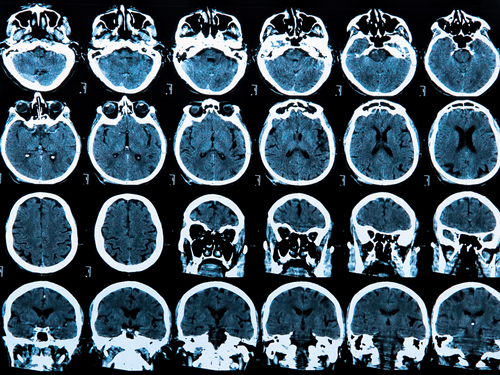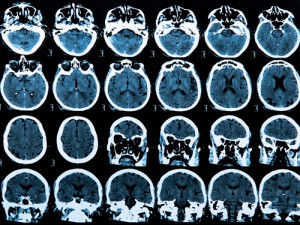Risk of Neurodegenerative Diseases Such As Multiple Sclerosis Affected By Gene Expression, Immune System Response
Written by |

 The diagnosis of a disease normally depends on the risk factors one is exposed to during his or her lifetime, and subsequently therapeutic measures are taken in order to treat the same with hopes of a better prognosis and a healthy lifestyle.
The diagnosis of a disease normally depends on the risk factors one is exposed to during his or her lifetime, and subsequently therapeutic measures are taken in order to treat the same with hopes of a better prognosis and a healthy lifestyle.
However, scientists at the Brigham and Women’s Hospital (BWH), Harvard Medical School (HMS), the Broad Institute of MIT and Harvard, Massachusetts General Hospital (MGH), and University of Chicago, have come up with an even more interesting insight into the causes of diseases, including neurodegenerative diseases such as multiple sclerosis, stating that variations in genes in healthy people might be responsible for altered immune status against various diseases, which might only be triggered by the so-called ‘risk factors’ to make a person more susceptible to the same.
Speaking on this study, lead study author, Towfique Raj, PhD, BWH Department of Neurology and a postdoctoral scholar at the Broad Institute, said, “Over the last decade, geneticists have identified hundreds of genetic risk factors for several human diseases, but the functional consequences of those factors on relevant cells are largely unknown.Our study highlights the potential role of immune system cells in human diseases.”
The study was conducted among 461 volunteers with a diversified pool of ancestries including African American, East Asian American, or European American, from the “living biobank” of the ImmVar Project, which leveraged BWH’s PhenoGenetic Project. Blood samples were collected from these volunteers and T-lymphocytes and monocytes- bearers for adaptive and innate immunity respectively, were isolated. Gene profiling was done for each kind of cell for every blood sample, which totaled to around 19,114 gene expressions being studied.
[adrotate group=”4″]
It was found on analysis that variations in the genes in the T-lymphocytes could alter the immune status of a person in such a way so as to make him susceptible to diseases like multiple sclerosis, rheumatoid arthritis, and type 1 diabetes, more compared to that in monocytes. Conversely, genetic variations in the monocytes could lead to altered functioning of these genes, making a person more susceptible to neurodegenerative diseases like Alzheimer’s and Parkinson’s disease. Including people with a varied group of ancestries only highlighted the fact that genetic variations have similar effects on a diverse set of population, belonging to different ancestries.
Adding to this, Christophe Benoist, MD, PhD, HMS, Broad Institute associate member, and study author, remarked, “This study shows that our genomes introduce changes in the immune system early on. These changes influence how a person responds to additional risk factors that he or she may encounter over the course of their life, making them more or less susceptible to triggering a disease process such as type 1, or juvenile, diabetes.”
Philip L. De Jager, MD, PhD, director, BWH Program in Translational NeuroPsychiatric Genomics, associate member at the Broad Institute, senior study author, also commented on the usefulness of the study, saying, “The study focuses our attention on a particular part of the immune system that already exhibits changes caused by Alzheimer risk factors in people in their 20s and 30s. Functionally, we cannot say that blood-derived immune cells are the key cell type for Alzheimer’s disease. They are likely to be proxies for the infiltrating and resident cells found at the sites of neuropathology. However, these exciting insights encourage us to explore how manipulating these immune cell types may one day slow or contribute to stopping the accumulation of Alzheimer’s disease pathology that occurs as each of us ages.”
“Our multi-ethnic exploration of innate and adaptive immunity highlights a remarkable level of sharing across human populations of genetic variation influencing immune function, while identifying interesting instances of genetic effects on immune function that are specific to a population,” said Nir Hacohen, PhD, MGH and the Broad Institute, study author.
Adding her views on the topic as well, Barbara Stranger, PhD, University of Chicago, senior study author, opined that, “This study extends the narrative that many of the effects of disease-related genetic variation are specific to a certain context, such as a given immune cell type. Thus, it is clear that further studies must investigate an increasingly complex matrix of cell types and conditions to fully understand the role of human genetic variation in disease.”


